Welcome back to WorkSpace, a series featuring an inside look at the places where local artists and creatives roll up their sleeves and take care of business. Today, we are going talk about Say Uncle, an experimental residency and nomadic exhibition program.
The directors of Say Uncle, Dulcee Boehm, Benjamin Cook and Cory Imig, invite artists from around the country to come and work in C-U. During their stay, artists are commissioned to make temporary public art works, which could take a variety of forms from more experimental to more traditional. Once the work is created Say Uncle travels the work around the region, exhibiting it at galleries, alternative spaces and community events. Say Uncle documents each of the projects through publications that are produced during and after the work tours.
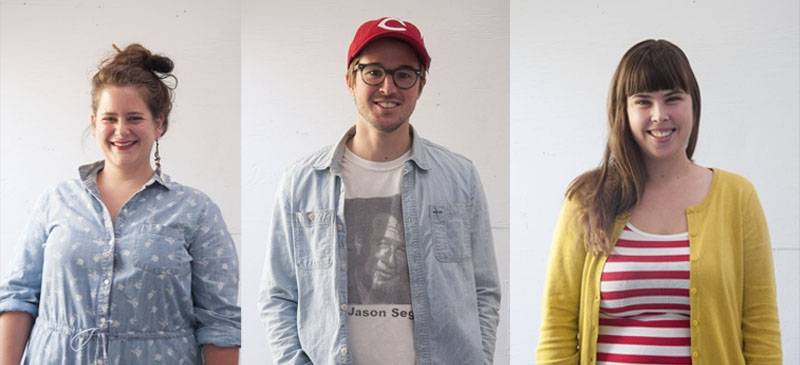
Smile Politely: When and how did you start with Say Uncle?
Say Uncle: About a year ago a number the three of us got together and started a discussion about creating a space to exhibit work from artists across the country who had practices that we were interested in. At the same time we were also traveling all over Central Illinois to attend exhibitions showing nationally recognized emerging artists’ work who we were interested in. These exhibitions were at spaces like DEMO Project in Springfield, University Galleries in Normal, and Project 1612 in Peoria. One of our goals with Say Uncle is to collapse the geography of the Central Illinois region. In the beginning that meant literally creating a mobile space.
Originally, our idea was to purchase a flatbed trailer and build a structure on it that would operate as a gallery. This would allow us to be able to move our gallery to regional cities and show the work in conjunction with other exhibition openings. Over the course of the year our ideas have evolved to what we believe is a more feasible and sustainable model for working with artists. Instead of creating a physical gallery space for artists to exhibit their work we decided to create a framework that has less infrastructure and could be accommodating for a larger diversity of artist practices. Through a grant from the Urbana Public Arts Program we were able to fund our first year of programming, which will include commissioning work from two artists as well as publishing a book in conjunction with each of their projects.
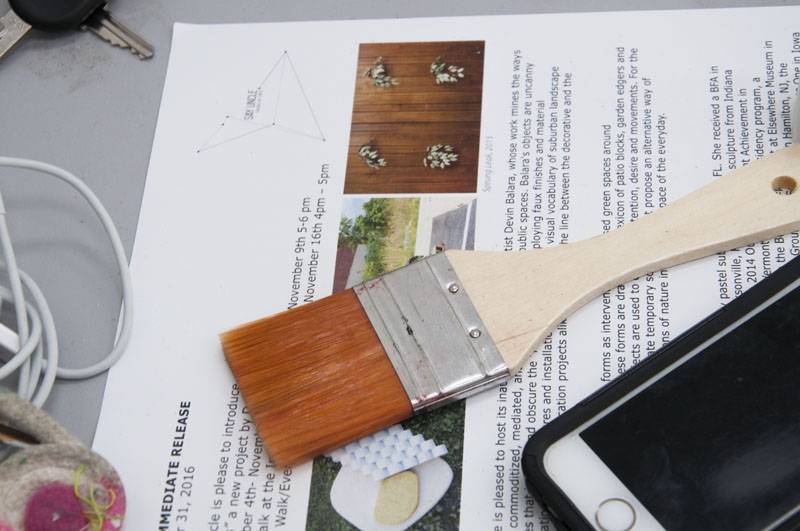
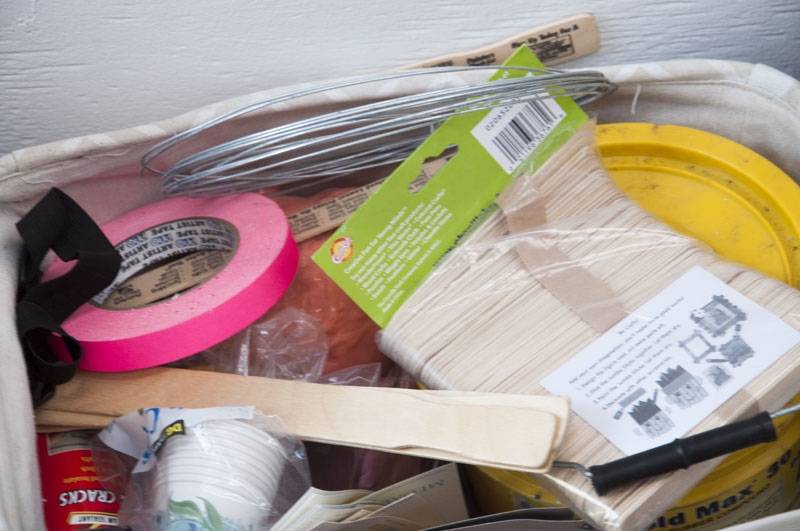
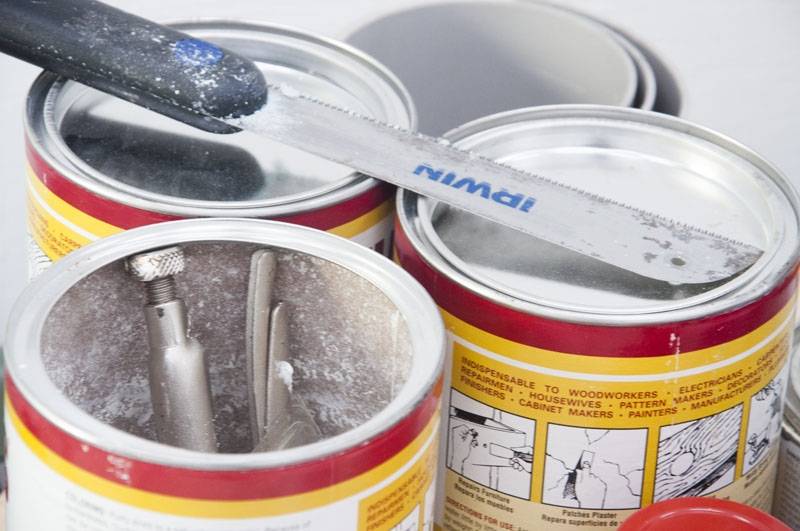
SP: How is the process to select or invite the artist to participate and how is Devin Balara´s work is relevant to this project?
SU: Say Uncle has a very flexible structure allowing us to work with artists that create work in a variety of ways, from artists who have a more object-based practice to artists with a more socially-engaged or public practice. Last fall, early on in our conversations about Say Uncle, we decided we wanted to work with Devin Balara. We were interested in a series she made in 2014, Greening, where she had purchased $1000 of green rugs from big box retailers and over the course of a week installed them in a variety of ways in Greensboro, NC and at the end of the week returned the rugs. We were especially interested in this work because it existed outside of a traditional gallery space and we were excited to see how she would engage with the landscape of Champaign-Urbana.
We feel it is important that the artists that we work with have an understanding of Champaign-Urbana and the larger Central Illinois region, which is why it is important for us to physically bring them here to make work. Before they arrive we have numerous conversations about the work they are interested in making and how we as facilitators of the work can most effectively help, whether that is through cultivating relationships with various people in the region to finding a special material or space to make their work. This way of working is deeply collaborative and with every artist it will take a different form. It is the responsibility of the Say Uncle directors to understand the artists intentions and successfully be able to travel the work and install it in a variety of situations and environments that may not be a traditional gallery installation.
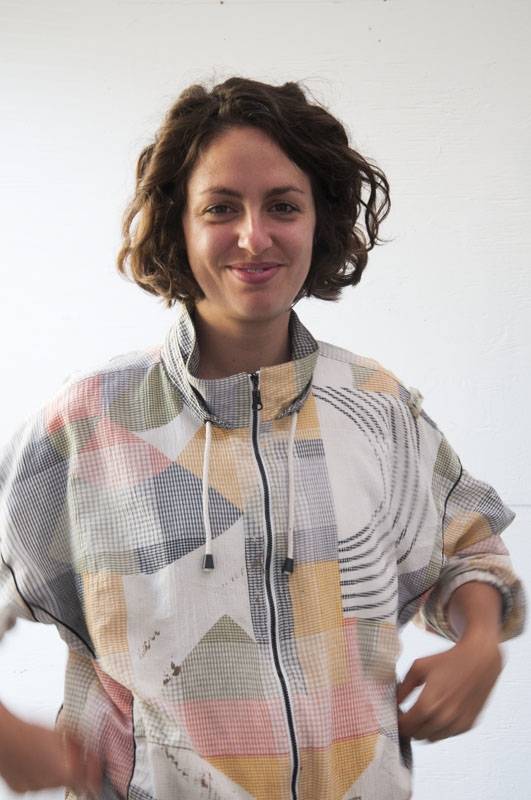
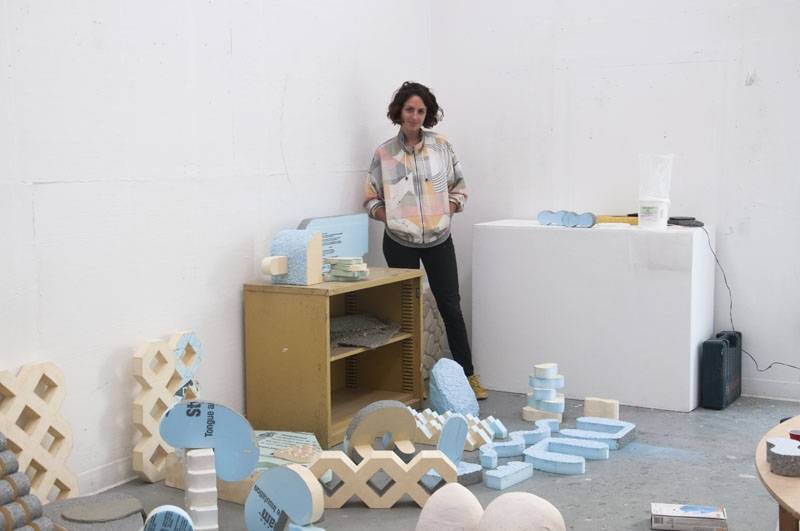
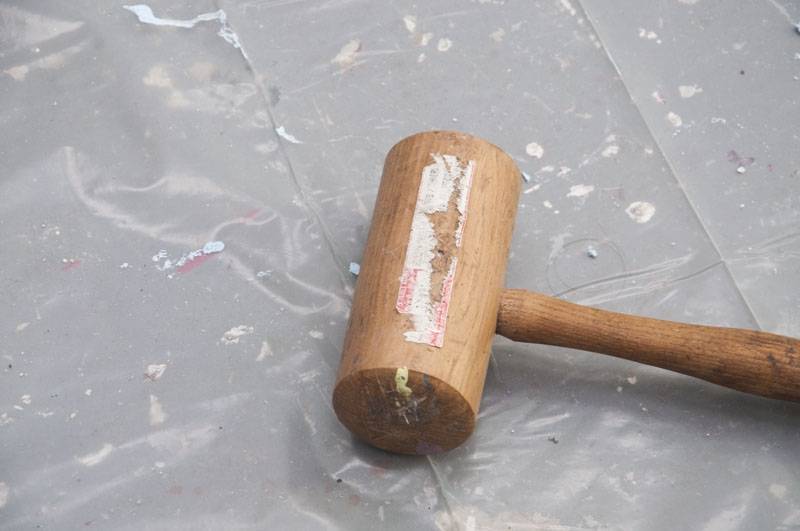
SP: Tell us about the workspace.
SU: Currently, Say Uncle has studio and shop support through the University of Illinois. Balara’s studio is located on campus where she is able to work adjacent to the Painting, Sculpture and New Media graduate students. Depending on the artists practice and needs Say Uncle finds an appropriate venue to produce the work.
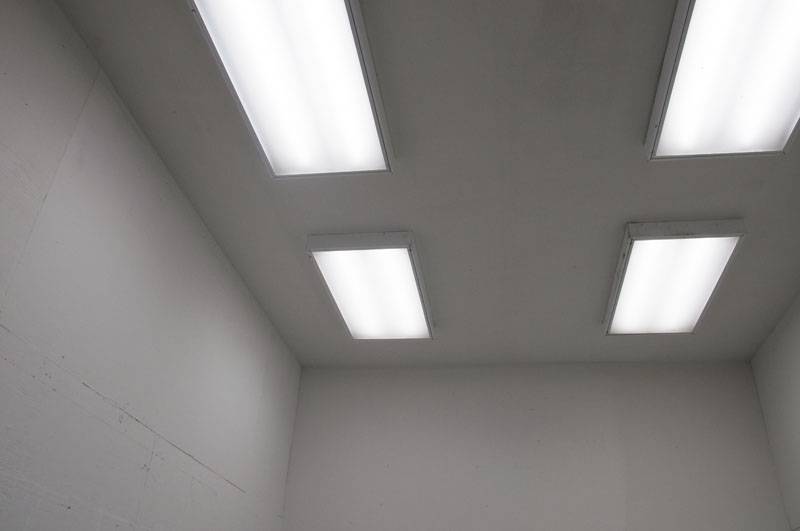
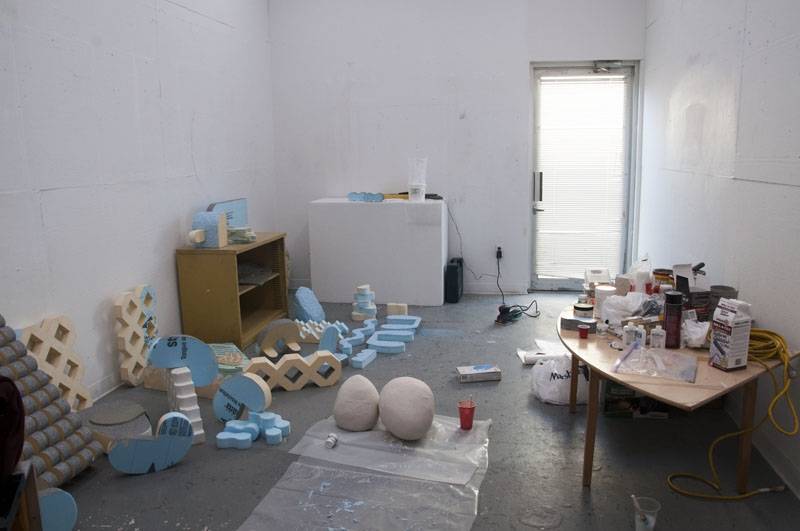
SP: Choose a piece of your artwork and explain it in detail.
SU: For Pavers, the project that Balara is working on during the residency, she will use modular forms as interventions in unused green spaces around Urbana-Champaign. The shapes of these forms are drawn from a lexicon of patio blocks, garden edgers and stepping stones. Traditionally these objects are used to direct our attention, desire and movements. For the duration of the project, Balara will create temporary sculptures that propose an alternative way of engaging with and yielding to representations of nature in the shared space of the everyday.
Devin Balara’s work mines the ways nature is commoditized, mediated, and composed in outdoor public spaces. Her objects are uncanny surrogates that imitate and obscure the “natural” world by employing faux finishes and material transmutations. Balara’s sculptures and installations draw from the visual vocabulary of suburban landscape design and municipal beautification projects alike as they blur the line between the decorative and the absurd.
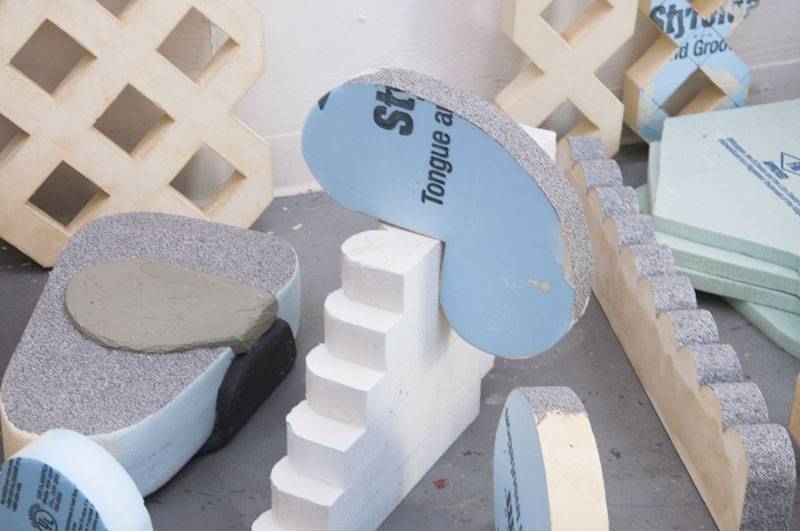
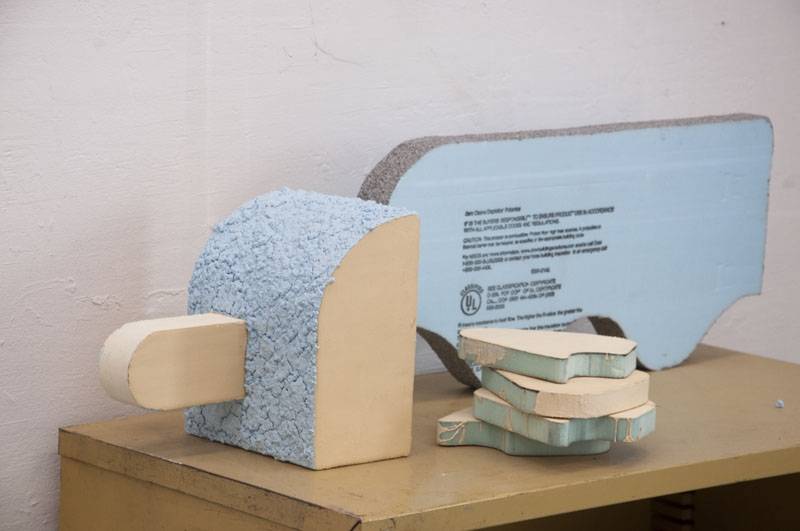
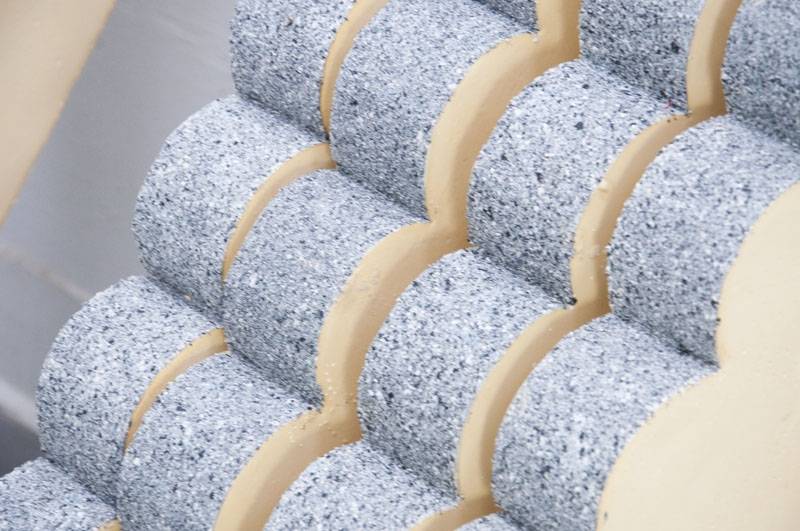
SP: Where, when and how can we see your work?
SU: On Wednesday, November 16th, Say Uncle will be hosting an opening exhibiting the work that she made during her residency. This opening may take the form of a walk, book opening or possibly a picnic. This is a decision left up to the artist depending what makes the most sense for her work. We will announce the location and event very soon.
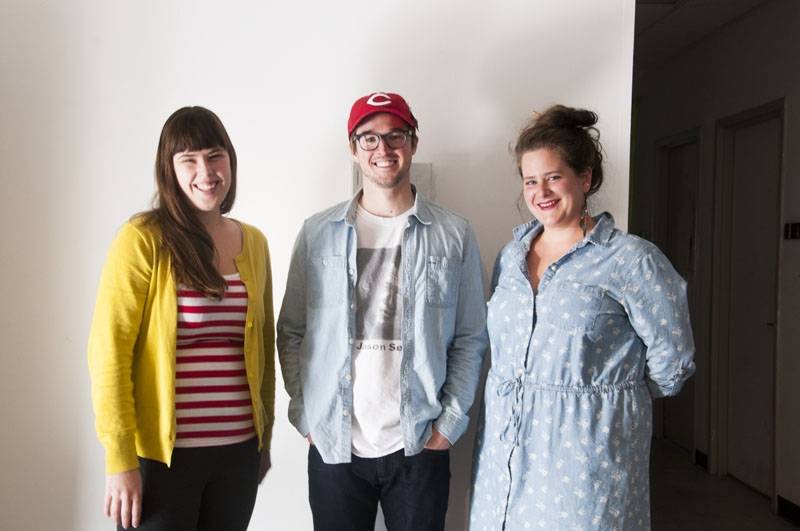
About the author: Jimena Oliver
Jimena is a photographer at Smile Politely. Find more of her work and photographs online:








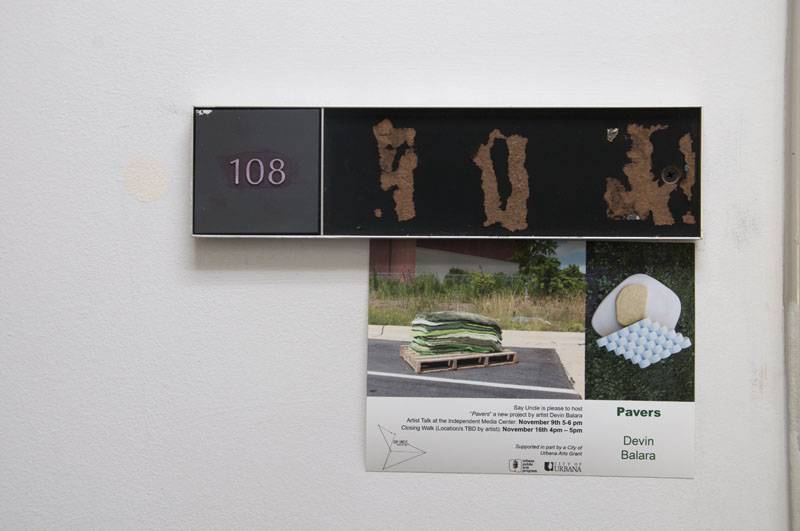
 About the author: Jimena Oliver
About the author: Jimena Oliver